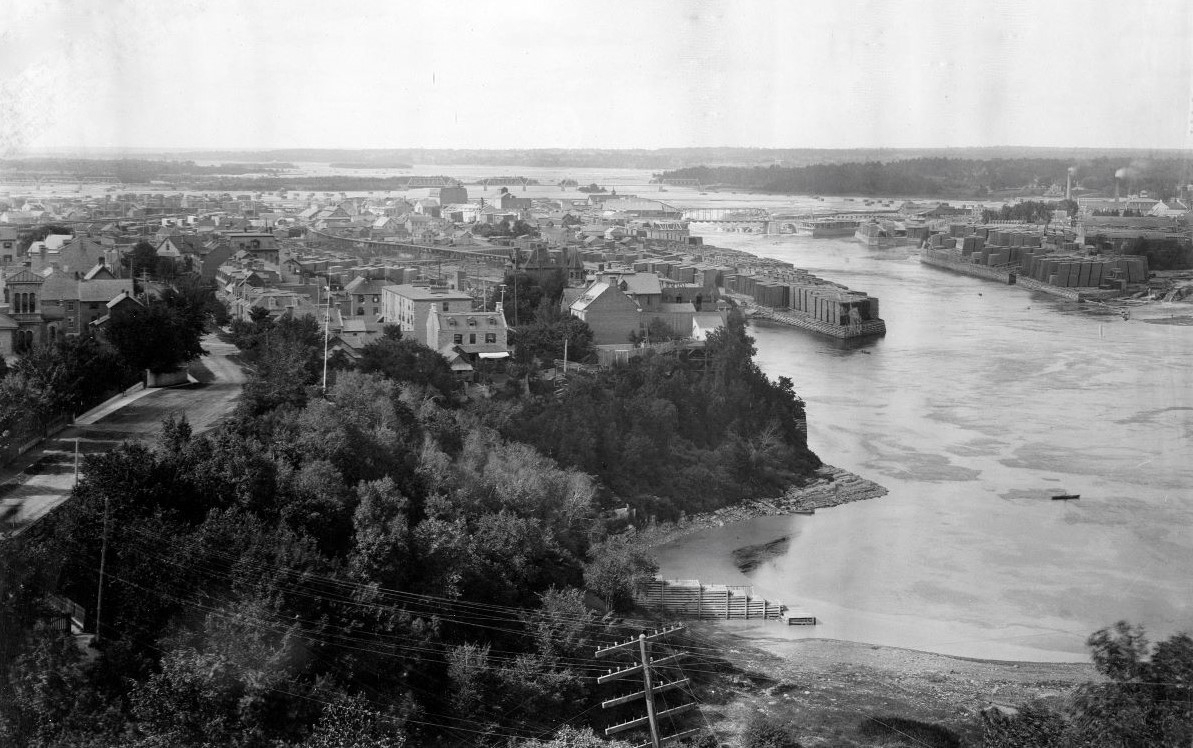
Emergency Preparedness and Protective Services Committee disagree over NDP Bill.
Ottawa’s Emergency Preparedness and Protective Services Committee met on February 13th with newly appointed Chair Councillor Riley Brockington. The meeting began by reviewing the proposed budget for Ottawa’s Emergency Preparedness and Protective Services: the Ottawa Fire Service, Ottawa Paramedic Service, and Ottawa By-law.
The proposed budget for Ottawa’s Emergency Preparedness and Protective Services is approximately $13 million. This includes over $5 million allocated towards benefits and salary adjustments and over $1 million earmarked for vehicle maintenance.
Roger Chapman, director of Ottawa’s By-law service, reviewed the draft budget. Most of the funding for the organization comes from the provincial or federal government. By-law has a budget of $27 million and is expected to raise $32 million in revenue. By-law will spend $76 thousand on new equipment for its officers and $200 thousand to upgrade its headquarters.
The Ottawa Fire Service presented its budget proposal, which asks for $182.7 million in funding, mostly raised through property taxes. The budgetary proposal includes $2.7 million to build a Kanata North Fire Station and $250 thousand to install backup generators at fire stations. $3.1 million will also be used for the life cycle replacement of equipment.
Councillor David Hill asked Chief Paul Hutt if the budget would leave enough for the Fire Service to adequately respond to the city's needs; the fire department is used in almost every non-violent emergency, from floods to car accidents. The chief noted that 90 percent of the budget is wages and compensation, and the Fire Service has a “lean budget.”
The Ottawa Paramedic Service will have a gross operating budget of $130.7 million. Half of the cost of the land ambulance service will be funded by the province, while the ambulance call and communications centre will be 100 percent provincially funded. The budget included $4.7 million earmarked for fleet maintenance costs related to inflation, $1.25 million for the replacement of publicly placed defibrillators, and $500 thousand for equipment replacement.
Ottawa Public Safety has an operating budget of $14.9 million, with $415 thousand allocated to replace existing security infrastructure and $320 thousand dedicated to maintaining corporate radio contracts for warning systems.
The budgetary portion of the meeting went smoothly, with respective heads of each service reviewing and taking questions about their financial positions. However, the discussion became heated when the committee examined a motion brought forward by Councillor Sean Devine to support Private Members Bill 47 in the Ontario Legislature, also known as Protecting Human Rights in an Emergency Act (Emergency Power Generators).
The proposed legislation was brought to the floor at Queens Park by local MPP Chandra Pasma and several other members of the provincial NDP caucus. The bill would ensure that apartment buildings have provisions to keep the power on and water running for up to two weeks after a natural disaster. Devine brought forward the motion reminding the board members of the two extensive power outages in Ottawa during 2018 and 2022 that left many disabled and elderly residents stranded in their apartments.
A similar motion of support passed at Ottawa City Council last week. Chandra Pasma appeared as a delegate to show solidarity with Devines’ motion and described the hardships faced by disabled and elderly residents.
Bryce Conrad, the CEO and President of Ottawa Hydro, appeared via the video link to support the motion. Ottawa resident Lynn Ashdown, who is disabled and uses a wheelchair, shared her experience of being stuck in her building without electricity during the power outages. Ashdown iterated that she felt forgotten, like a second-class citizen, and that her concerns had not been mitigated since the storm. She said that she only survived in May because of the moderate temperature. She worries that her situation will be dire if a power outage occurs during the winter.
Councillor Theresa Kavanaugh accused her fellow councillors of a “lack of courage to support the motion,” but as former deputy mayor Laura Dudas explained, the responsibility for this legislation lies with the province and that the City Council and its committees are not the “appropriate level of government to determine the outcome.”
Councillor Dudas stated that she is in favour of the bill. Still, Councillor Clarke Kelly voiced concern that supporting the“NDP private members’ bill” would limit Council’s “ability to work together” because of the implied partisanship.
Councillor Matthew Luloff asked Kavanaugh to retract her remarks, but Chair Riley Brockington refused to ask for a retraction. The motion was defeated.
The meeting ended with Councillor Luloff thanking the Ottawa Fire Service for the quick and professional response to the early morning explosion in Orleans.












